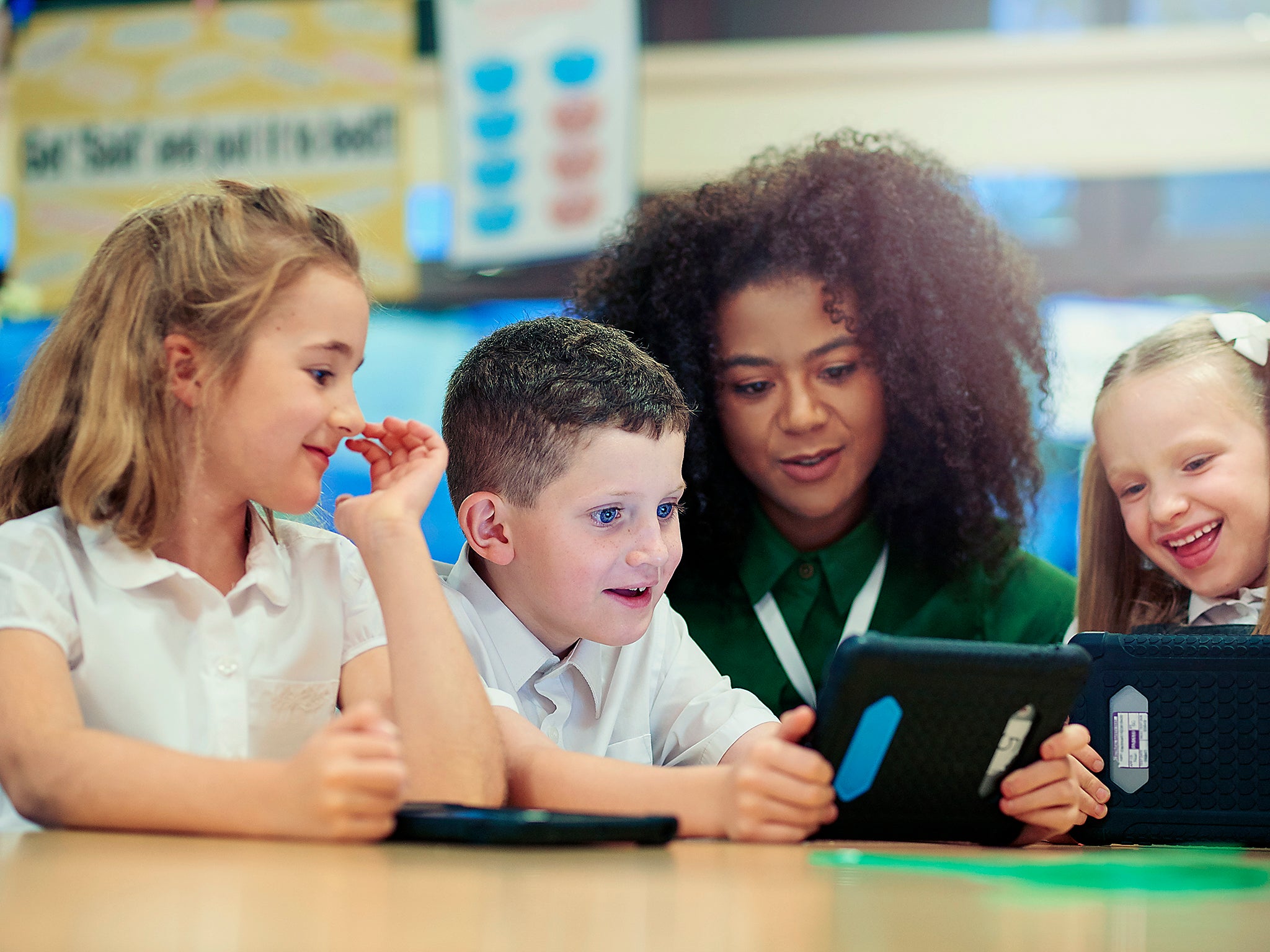Argumentative children do better in maths and science, study finds
Children encouraged to engage in debate made an average of two months more progress than those who were not

Pupils who argue are more likely to do well in English, maths and science, according to new research.
Getting primary school children to explain their answers, debate and reason with their classmates can help them to make more progress in these core subjects, it suggests.
A total of 78 primary schools in England with higher-than-average numbers of poorer children took part in the trial of “dialogic teaching”, published by the Education Endowment Foundation (EEF).
Teachers were encouraged to ask their pupils open questions, encouraging them to become familiar with the idea of exploring a topic rather than simply stating a yes or no answer.
Independent evaluation by researchers at Sheffield Hallam University found the 2,493 nine and 10-year-old children who took part made, on average, two months more progress in English and science than a similarly sized group who did not receive the intervention.
Maths results were also boosted by two months for those eligible for free school meals – a common indicator of poverty – and by one month on average across all pupils.
Children in both groups were tested in each of the subjects before and after the programme.
The findings indicate that this type of teaching may improve youngsters’ overall thinking and learning skills, rather than just their subject knowledge, EEF researchers said.
Teachers were in favour of the scheme, but many felt that they needed more than two terms to make it fully part of their classroom teaching.

Previous trials run by the foundation were found to have similarly positive results.
For an experiment published last August called Thinking, Doing, Talking Science, primary school pupils were asked “big questions” such as “how do we know the earth is a sphere?”
This helped to stimulate discussion about scientific topics – something evaluators found effective in boosting children’s engagement.
Those undertaking the lessons made an average of three months’ more progress than children who did not take part in the trial.
EEF chief executive Sir Kevan Collins said: “Getting children to think and talk about their own learning more explicitly can be one of the most effective ways to improve academic outcomes.
“But it can be difficult to put this into practice in the classroom. While there is no simple strategy or trick, today’s evaluation report on dialogic teaching does give primary school heads and teachers practical evidence on an approach that appears to be effective across different subjects.”
Join our commenting forum
Join thought-provoking conversations, follow other Independent readers and see their replies
Comments
Bookmark popover
Removed from bookmarks